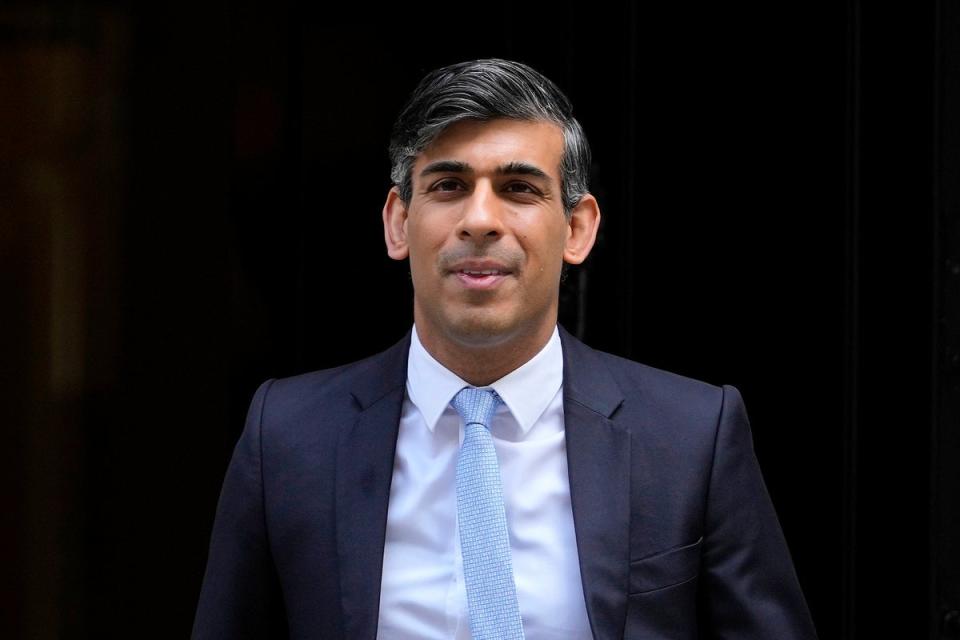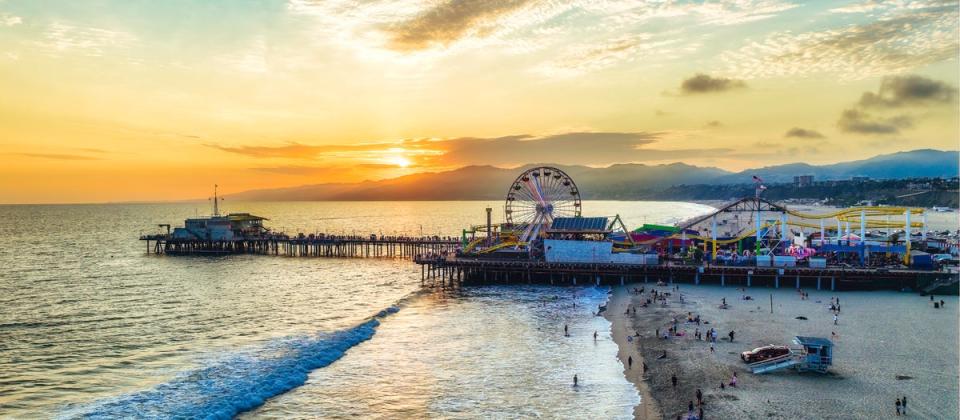What will Rishi Sunak do next after devastating election loss?
Intense speculation about what Rishi Sunak would do after he left Downing Street began even before he entered No 10 – when it was revealed he once held a US green card.
In fact, the desperately ambitious Mr Sunk only returned it while chancellor, ahead of his first trip to America as a serving UK government minister.
In the row that followed, he was forced to deny that he had kept the card – which allows the holder to live and work permanently in the US – because his long-term aim was to return there.
Two years later it is the story that will not go away for the now-former prime minister.

Even just a few months ago, he again had to say he did not intend to go back to the US, adding that the UK was “home”.
But there is intense speculation in Whitehall that Mr Sunak is planning to move to California, where he and his wife own an apartment in Santa Monica.
The chancellor studied for an MBA at Stanford University in California in the early 2000s.
And it was while there that he met fellow student Akshata Murty, whom he married a few years later.
The Sunaks spent their early married life in the US state, where he worked for a hedge fund.
And they kept their upmarket apartment in Santa Monica, estimated to be worth $6m and said to have stunning views, even after he entered parliament in 2015.
As rumours swirl that the couple want their two daughters to attend a local private school, the Sunaks have donated $3m (£2.4m) to a California college, paying for a high-tech computer lab.
There has also been speculation Mr Sunak will target a post-Downing Street career that will combine his past in finance with his interest in technology and AI.

He insisted, however, that he would remain as an MP for five years if he kept his seat – which he did on a bad night for many of his ministers.
But he would not be the first prime minister to find they cannot remain on the backbenches.
David Cameron stood down as an MP just two months after he left Downing Street in the wake of losing the Brexit referendum.
At the time he said he did not want his presence in the chamber to serve as a “distraction” to the new prime minister, Theresa May.
Once outside parliament he famously bought a shepherd’s hut, wrote his memoirs and became embroiled in the Lex Greensill scandal, before returning for a short stint as Mr Sunak’s foreign secretary.
Boris Johnson also left parliament before his five-year term was up, though in rather more shambolic circumstances.
The former PM quit before he was pushed ahead of a damning verdict from parliament’s Partygate probe.
He claimed he was a victim of a Partygate and Brexit “witch-hunt”, amid growing speculation that the conclusions of the Commons privileges committee would see him kicked out as the MP for Uxbridge and South Ruislip.
But the former Tory leader also hinted at a political comeback, saying he would be out of parliament “for now”.

Others have stayed in parliament, however.
Former PMs Theresa May and Liz Truss have been noted thorns in Mr Sunak’s side – the former as she tried to hold her party leader’s feet to the fire over net-zero policies and the latter leading a rebellion against his planned smoking ban.
After she was ousted from office in 1990, Margaret Thatcher remained the MP for Finchley for two years and was a difficult presence for her successor, John Major.
She frequently spoke out to back Eurosceptics in her party, while her appearances at Tory Party conferences tended to overshadow the party’s actual leader.
Perhaps Mr Sunak will look more to the post-Downing Street experience of Tony Blair as one to emulate instead.
The former prime minister has made millions through a range of business and political ventures.
After losing the high-pressure, high-adrenaline job of running a country, there will be a pressure to replace it.
Just last month, more than a decade and a half after he left frontline politics, Mr Blair joked he might “sit around and drink all day” if he did not keep working.


